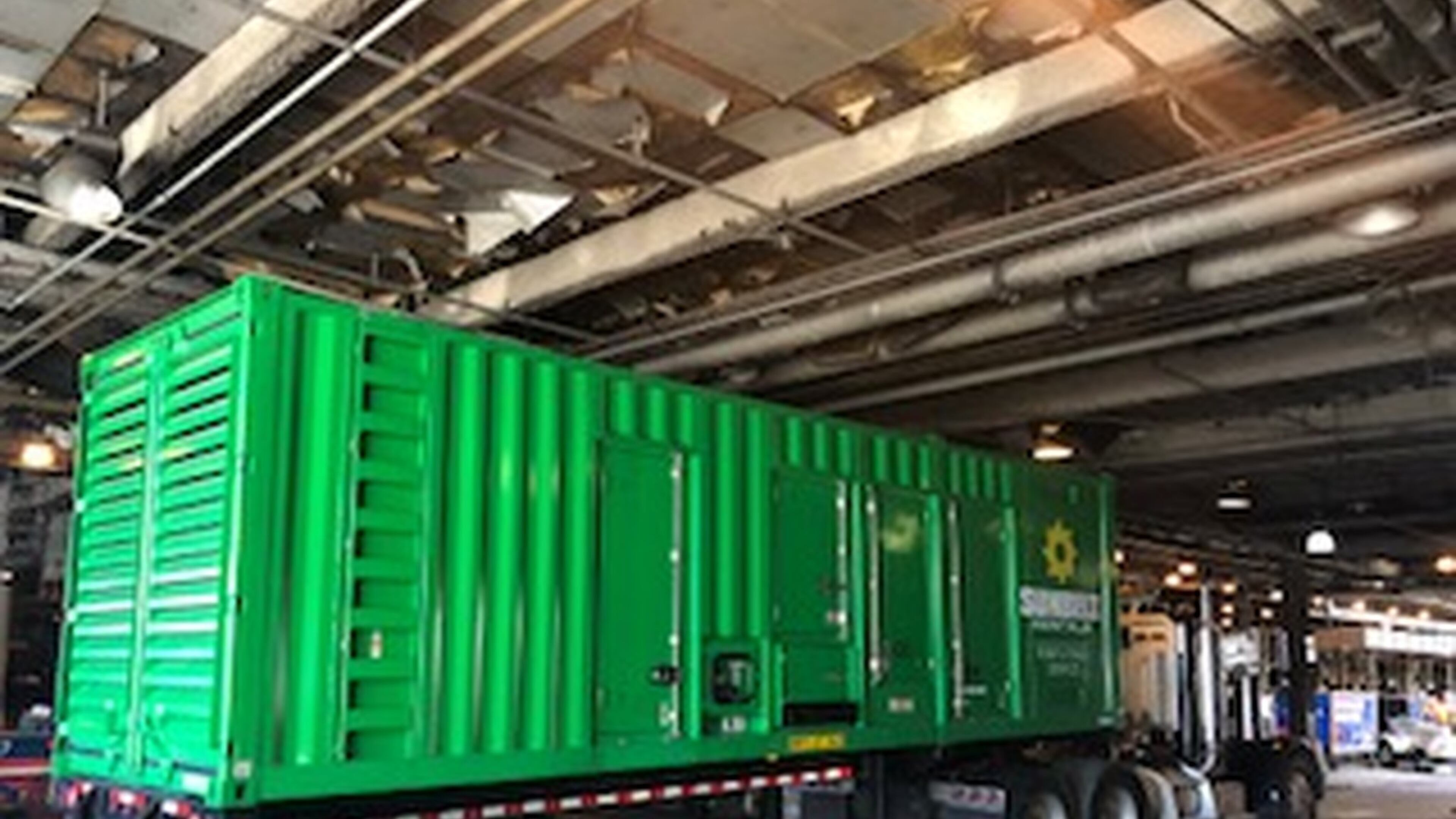Hartsfield-Jackson moving forward on $130 million emergency generators

Hartsfield-Jackson International is moving forward with a $130 million plan for emergency generators to prevent the type of massive power outage that halted operations at the world's busiest airport one day last December.
The airport plans to install 20 to 21 generators to enable it to generate about 60 to 65 megawatts of power for full backup, enough to supply roughly 49,000 homes. It is expected to take two-and-a-half years to get environmental approvals, procure the generators and install them, through airline cooperative Atlanta Airlines Terminal Corp. and Georgia Power.
The generators are “not commercial available off-the-shelf,” said Tom Nissalke, interim assistant general manager of planning and development.
The airport currently has 15 emergency back-up generators providing a total of 15 megawatts for life-safety systems like emergency lights, a handful of boarding bridges, and most of the airport’s elevators and escalators, according to Hartsfield-Jackson general manager Roosevelt Council.
Since December, the airport has installed cameras in tunnels to detect problems, a smoke detection system and a fire alarm system with a connection to keep the PA system working. The airport also plans to upgrade generators on Concourse E by the end of August.
The Atlanta City Council this week approved $130 million in short-term financing to pay for the generators, which will ultimately be covered by airline rent payments, according to Hartsfield-Jackson.
Airport officials plan to keep a couple of the existing generators and replace others with upgraded equipment, while adding more generators to be able to power the entire airport in an emergency.
“We’ll have 100 percent backup,” Nissalke said. In the event of an outage, “after 10 seconds it should be business as usual.”
Each diesel-powered generator is about 34 feet long by 12 feet wide and will take several weeks to prepare for installation in a ramp area. The installation of the generators will require some temporary gate closures.
Ultimately, most of the concourses will each have about two generators, and the domestic terminal will have six generators.
A 3 megawatt generator costs about $1.5 million, according to the airport — which amounts to roughly $30 million for the generators themselves. The rest of the cost will go to cover design, connecting the generators to switch gear, preparing the sites for the installation of the generations, management of the installation, insurance and testing, Nissalke said.
Council said other airports are also watching what Hartsfield-Jackson is doing to shore up its backup power.
Chicago O’Hare International Airport, which has rivaled the Atlanta airport for the world’s busiest title in recent years, says it “is well positioned to maintain safe, efficient and fully functional operations for our passengers in a wide range of scenarios, including power outages.”



